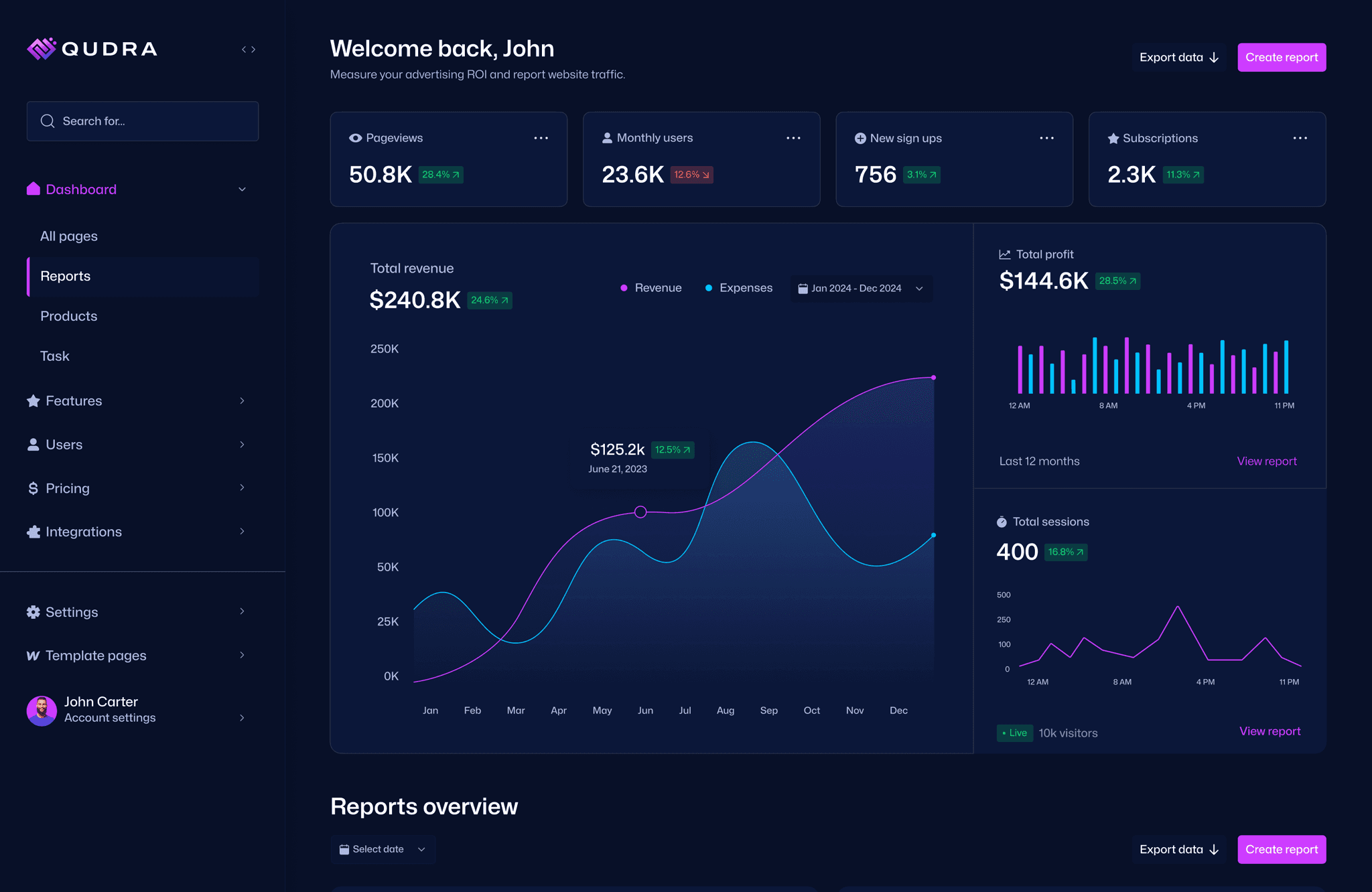
The future is here,
approach it with confidence
We specialize in helping you develop high-impact, AI and blockchain solutions that enhance business operations, ensuring security, efficiency, and scalability.
SOLUTIONS
Integrate the future of technology
Innovate with Blockchain
Faster, more secure, and fully transparent, revolutionizing how you do business.
SOLUTIONS
SOLUTIONS
Harness the Power of the Blockchain
Secured with Smart Contracts
Streamline transactions, bolster security, and enhance transparency.
Scalable DeFi Solutions
Our DeFi solutions offer scalable and secure platforms for businesses and individuals.
SOLUTIONS
The Qudra Way,
How We Do Business
Transparent Communication
We prioritize clarity and openness in all interactions to build trust and ensure mutual understanding.
Customer-Centric Innovation
Every solution is crafted with end-users in mind, resulting in products that truly meet their needs.
A Commitment to Sustainability
We minimize environmental impact while maximizing efficiency & effectiveness.
Collaborative Engagements
We understand that you know your business best. Our approach is to collaborate closely, combining your insights with our expertise
Future-Proof Strategies
We equip your business with scalable solutions that adapt to evolving markets and technology, ensuring lasting success.
Client-Empowerment
We focus on empowering you with the tools and strategies needed to drive your own success with trainings & support during delivery.
READY?
Embark on a journey with us to elevate your business through our expertise in AI and blockchain. Let's innovate together—your future starts now.
Let's talk














